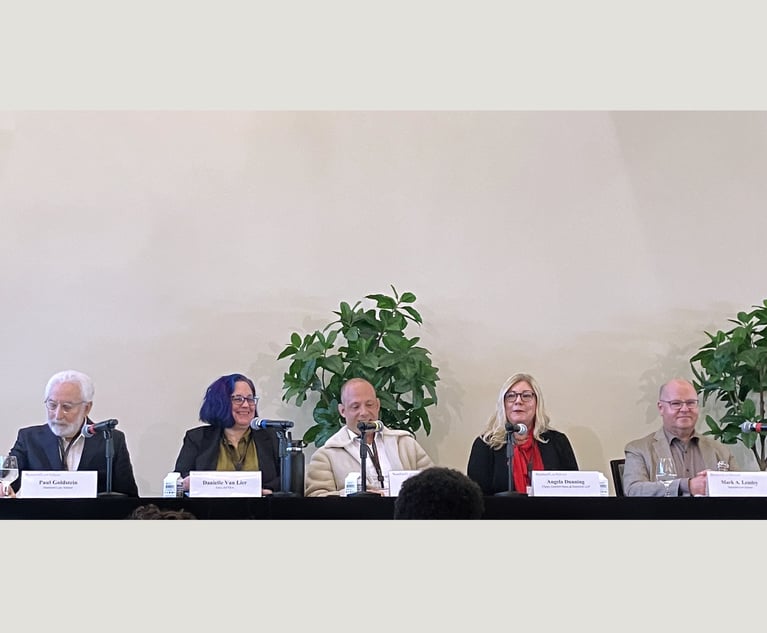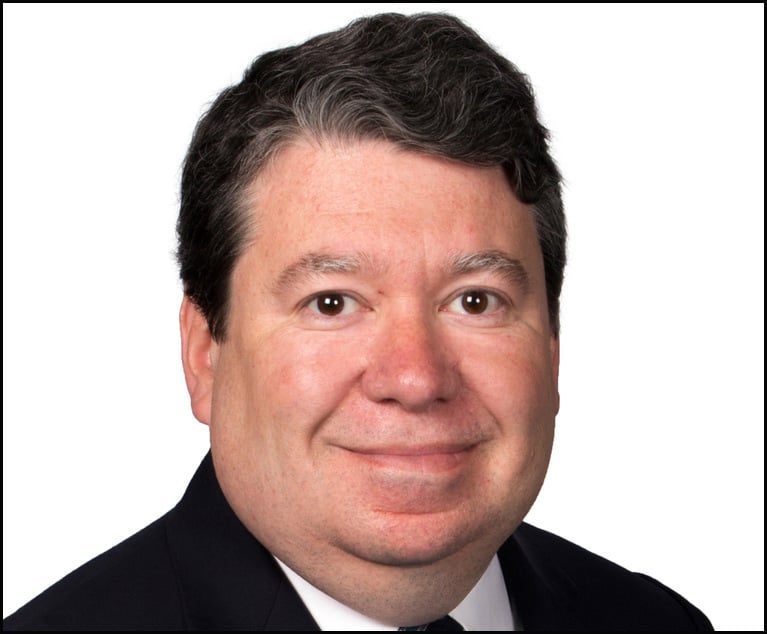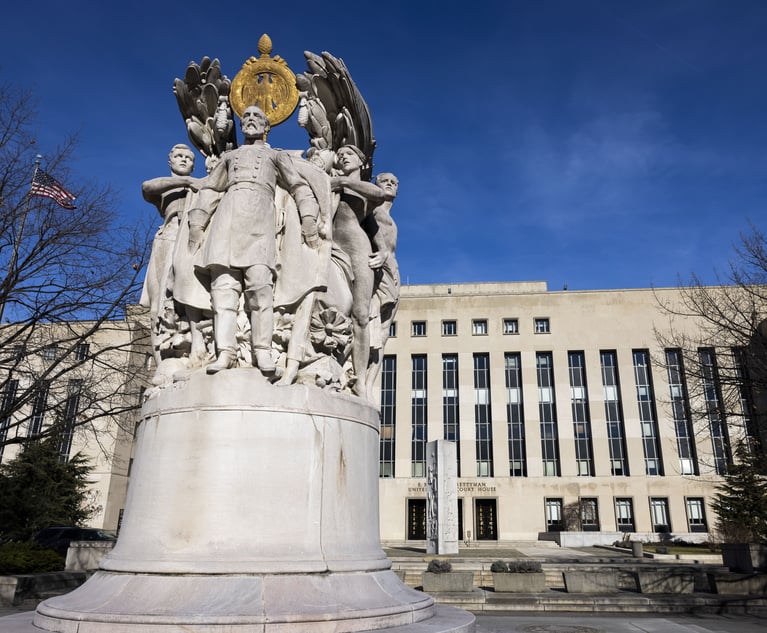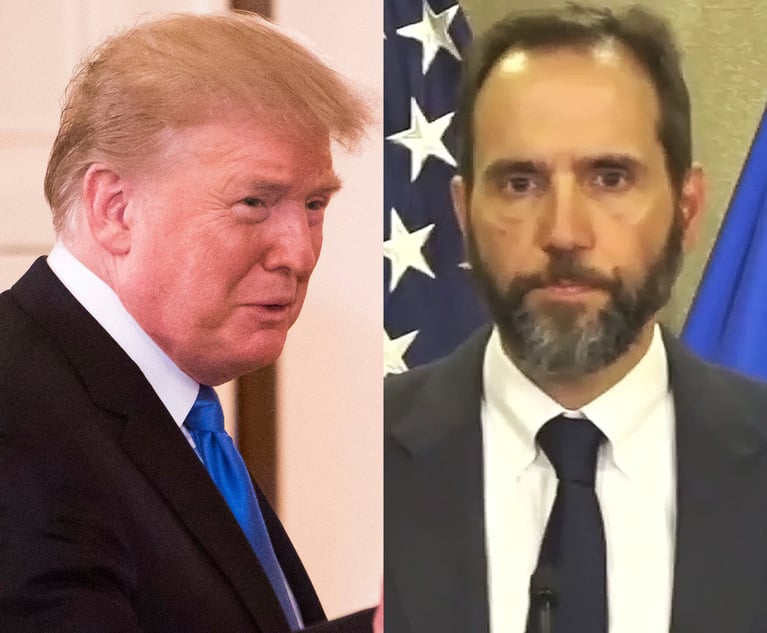Former deputy U.S. Solicitor General Lawrence Wallace, who died February 13 at age 88, is being remembered as a fearless civil servant who, like the Justice Department lawyers who recently resigned from the Roger Stone case, resisted pressure from higher-level officials.
Wallace retired from the solicitor’s office in 2003 after arguing 157 cases before the U.S. Supreme Court, a 20th century record.


 Office of the Solicitor General at the U.S. Department of Justice in Washington, D.C. (Photo: Mike Scarcella/ ALM)
Office of the Solicitor General at the U.S. Department of Justice in Washington, D.C. (Photo: Mike Scarcella/ ALM)






